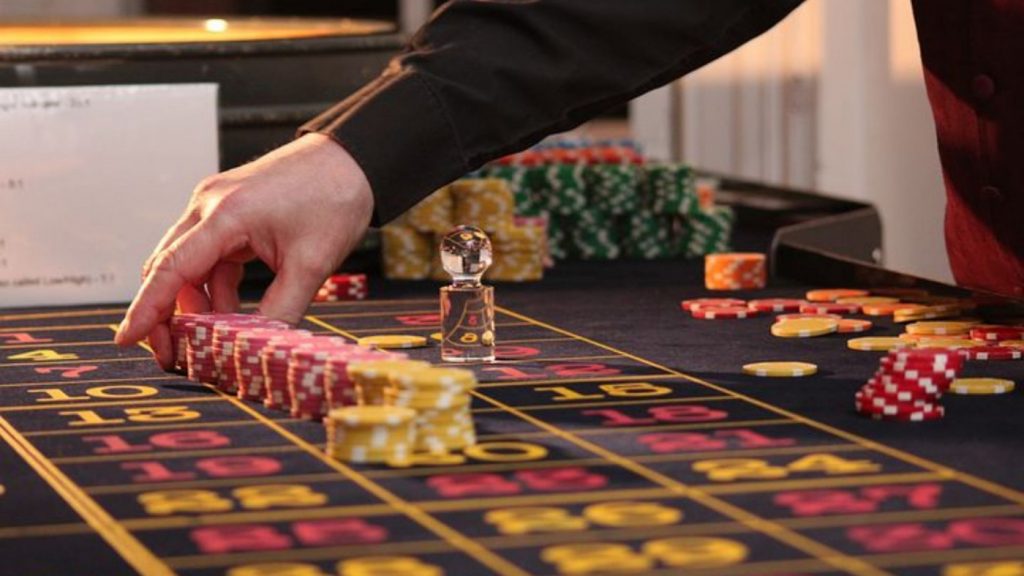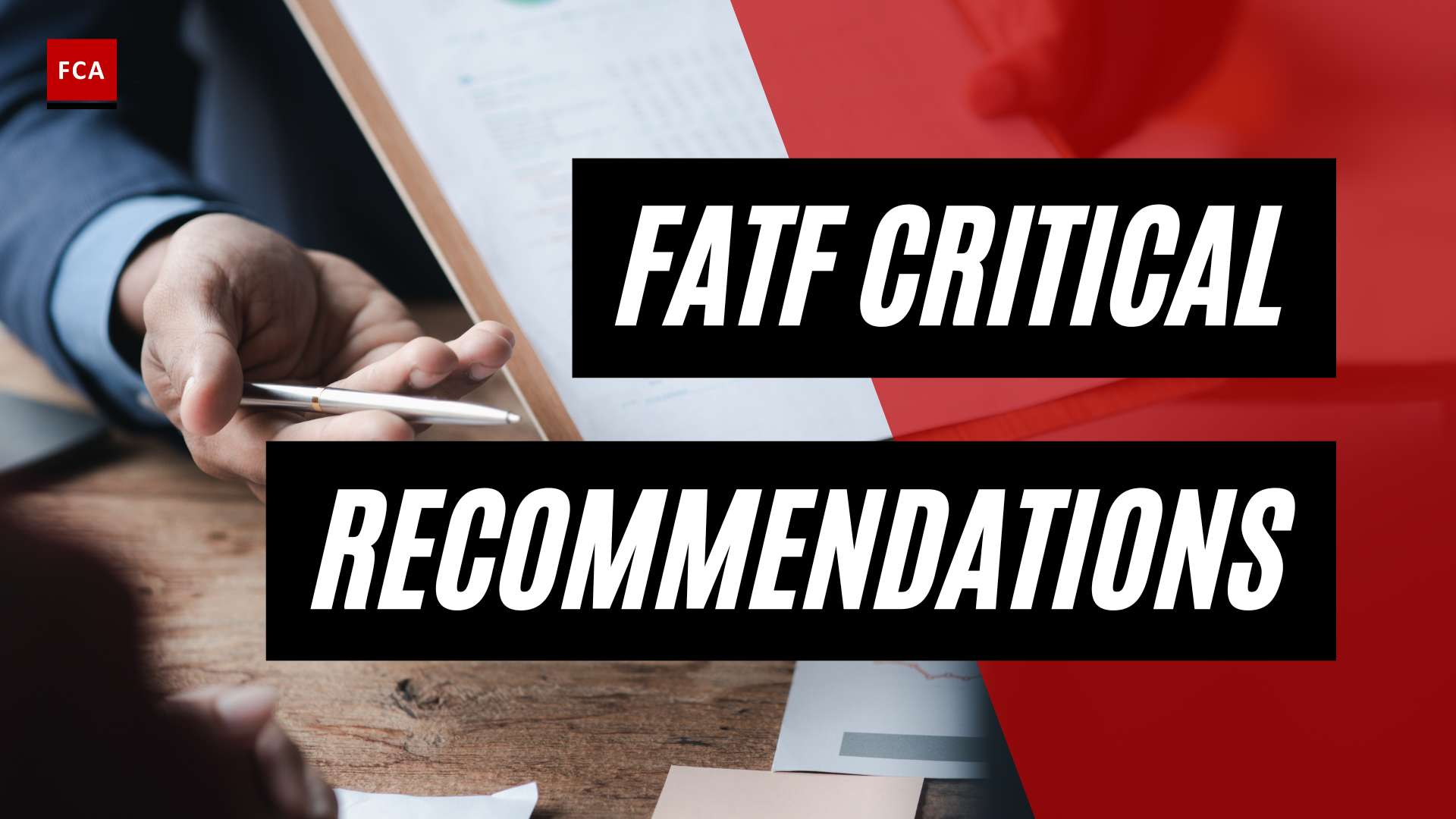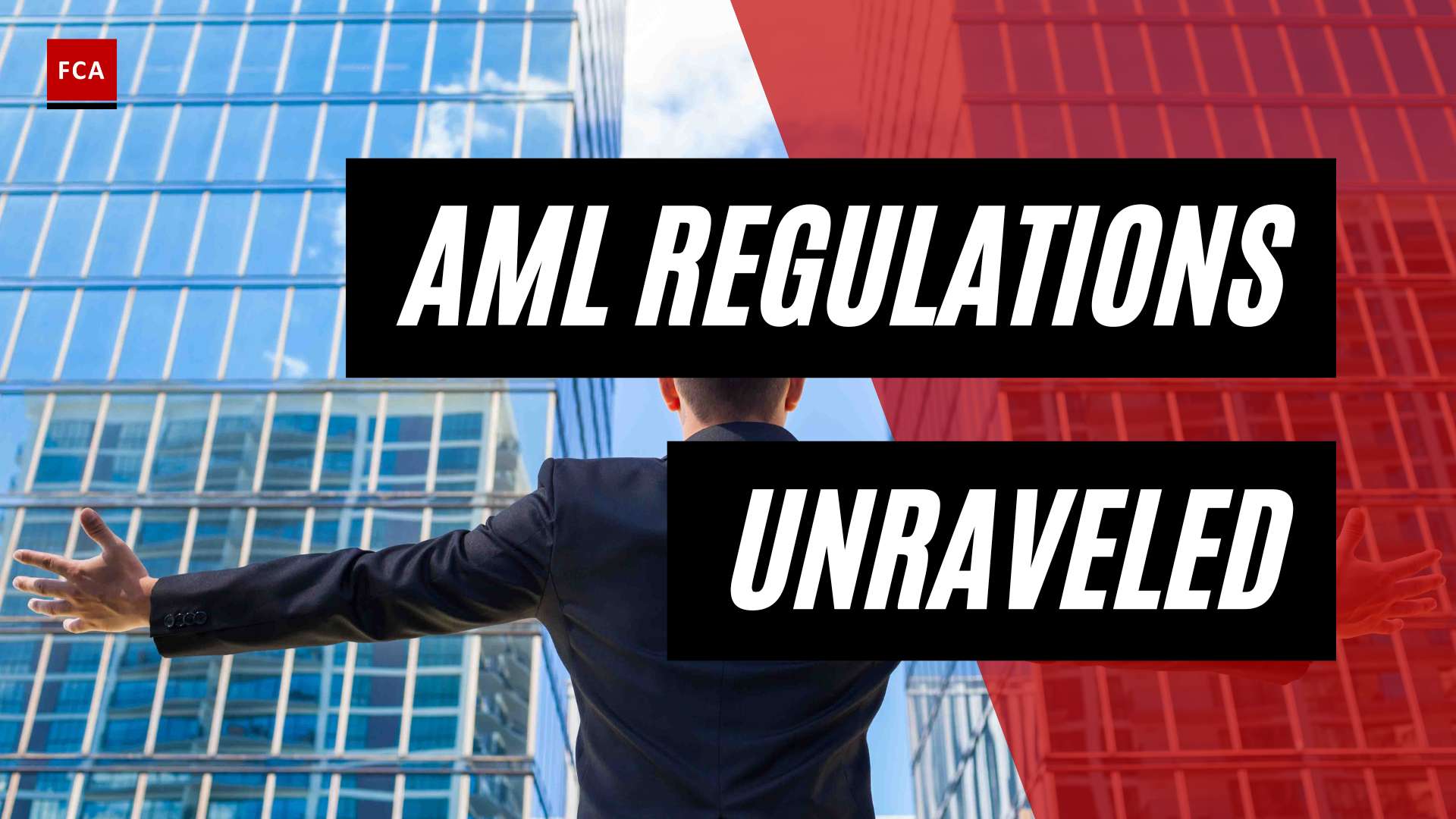You may have heard of the scenes that can be seen within British Columbia’s casinos, scenes that you’d expect to see in Hollywood films rather than in a real-life casino: scenes of people hauling hockey bags and large wheeled bags stuffed full of $20 bills into Casinos and presenting them to casino employees in exchange for casino chips. Once footage of this was seen, a picture of what exactly goes into money laundering in Canada’s casinos was built, and the term ‘The Vancouver Model’ was born.
Table of Contents
- Key Takeaways
- The Vancouver Model: Overview
- Implications Of The Vancouver Model
- AML Vs The Vancouver Model
- Regulation And Compliance Of The Vancouver Model
- Summary
David Eby, British Columbia’s attorney general, has said “We are famous internationally – or, more accurately, we have become infamous – for money laundering. The sheer volume and the size of these transactions on a regular basis in casinos is just astounding.”
Since the discovery of The Vancouver Model, Eby’s government has implemented restrictions that require proof of the source of funds being used and constant tracking and auditing of high-risk establishments – casinos.
Key Takeaways
- Since the 1800s, Chinese laborers have immigrated to British Columbia, specifically largely settling in and around Vancouver.
- The Vancouver Model started through Chinese citizens wishing to gamble high volumes of cash. It has also been historically used by drug gangs as a way of money laundering the ill-gotten profits.
- The Vancouver Model has had a pervasive impact on British Columbians, bolstering criminal organisation systems and in turn strengthening the force of the opioid crisis and housing crisis.
- There has been a 100-fold decline in illegal transactions within casinos in British Columbia since measures were implemented in 2015 to curb the illegal activity.
The Vancouver Model: Overview
The issue of wealthy individuals wanting to stowaway funds in order for them to not be picked up on by authorities – leading to high tax bills – is a tale as old as time. In Canada it is no different, but due to the historical links between Canada and China, there is a high proportion of Chinese citizens using Canada’s historically lax systems in order to funnel funds into the country and effectively wash it clear of links to China.
China prevents Chinese citizens from taking over $50,000 overseas in order to try to combat this phenomenon. In order for Chinese citizens to, in turn, subvert the restrictions, they enter into deals with local criminal gangs, effectively wiring cash into the bank accounts of criminals within China, who they then meet with at establishments such as casinos in Vancouver, to then have their funds transformed into Canadian dollars. One of the greatest concerns is not only breaking the law to funnel funds out of China, but also that the criminal associates in Vancouver often use cash obtained through drug sales – such as selling the drugs that have led to the North American opioid crisis – in order to receive the money.
The way that the system is set up means that the only real evidence of the whole transaction is that of the person entering the casino with a large amount of physical cash. The Chinese citizens who receive the cash in casino chips then carry out a series of low value bets before changing the chips back into Canadian dollars, now completely washed of their origin.

The proceeds are then used to buy real estate by the Chinese citizens, pushing up the cost of real estate in Vancouver and essentially pushing out locals in Vancouver and bringing further weight to the housing crisis. For the criminal gangs, profits that are acquired are then put back into purchasing more fentanyl and deepening the opioid crisis.
Implications Of The Vancouver Model
One of the major implications of the Vancouver Model is that it has had such a significant impact on real estate and housing prices that life is now near-enough unaffordable for many British Columbians. A panel of experts estimated that $4bn was laundered through British Columbia, with most of that going directly through Vancouver. In 2018, an estimated C$46.7bn was laundered countrywide across Canada. In 2016, real estate prices in Vancouver grew by 30% in just one year.
The effect of this is that many are unable to buy – or even rent – in their city. Housing should not be a luxury, but rather something that is attainable when one is in work. Although Canada’s financial institutions have stringent tracking systems around who the beneficiary to money is (the owner), unfortunately the same cannot be said for the real estate market. Structured purchase methods allow beneficiaries to be concealed, with oftentimes strangers purchasing real estate on behalf of Chinese citizens or established crime syndicates within China.
AML Vs The Vancouver Model
Whilst AML legislation is set up to tackle financial crime that is carried out through financial institutions, the Vancouver Model presents a different kind of beast due to the complexity in tracking it. The onus must, therefore, fall to casino owners, as well as on changing the ability and relative ease for Chinese citizens or a criminal gang to be able to use structured purchase methods.
A few ways that AML can be curbed through the cooperation of financial institutions, include:
- Checking where funds are coming from for real estate transactions i.e. whether they are being sourced from suspect banks;
- Monitoring any sales of real estate that are cash purchase (no mortgage); and
- Suspicious activity in bank accounts – for banks to trigger checks and freezes where necessary if accounts exhibit unusual activity i.e. large sums of money going into or out of bank accounts.
Regulation And Compliance Of The Vancouver Model
Whilst we have focussed on Chinese criminal gangs within this article, it is important to remember that the Vancouver Model is used throughout the world as an effective method of money laundering that in turn destroys lives of the citizens who fall victim to the effects. In order to effectively tackle this, more stringent methods of restriction must be put into place.
Summary
The impact of The Vancouver Model has been staggering; an unquantifiable amount of lives have been rendered unable to buy or even rent in Vancouver. Despite the impact of the past on the present, we are looking towards a better, fairer and more successful society, through a comprehensive tackling of the issues that has come from not only financial institutions, but from the casinos themselves, leading to a monumental decrease in this crime.








